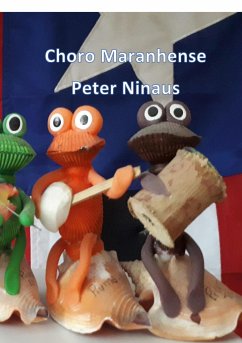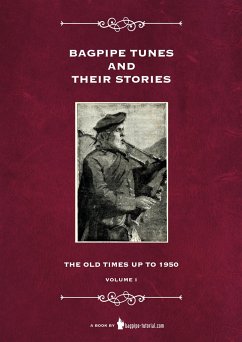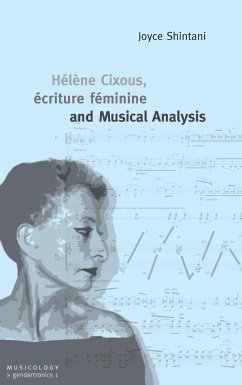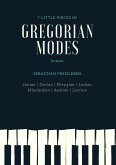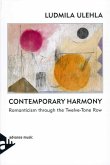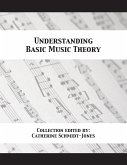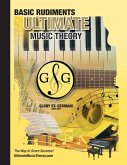The term choro is a complex expression of a genre, a style and a cast. This diversity is complemented by regionality and forms a special appearance with the choro tradition in the Brazilian state of Maranhão. This work represents the first attempt to systematically explore this choro and to open it as a contribution to the basic research aboutthe music in Maranhão. This Choro Maranhense is a living tradition that is very receptive to neighboring styles of music and sets itself apart from other choro styles in Brazil in its musical practice. The practice of this music of the Northeast has a long history and was influential for the entire music of the country. Notwithstanding the dispute of domination between the centers of Rio de Janeiro and São Paulo in the southeast and the centers of the northeast, such as São Luís and Maranhão, the studies show that this choro has many variations and imitations of the folklore of Maranhão, such as Bumba-meu-Boi or Lelê, which give this choro tradition a completely different picture in comparison to the classical models of Pixinguinha.This work is intended as a basis for further research and as a contribution to the study of music in northeastern Brazil.
Hinweis: Dieser Artikel kann nur an eine deutsche Lieferadresse ausgeliefert werden.
Hinweis: Dieser Artikel kann nur an eine deutsche Lieferadresse ausgeliefert werden.

